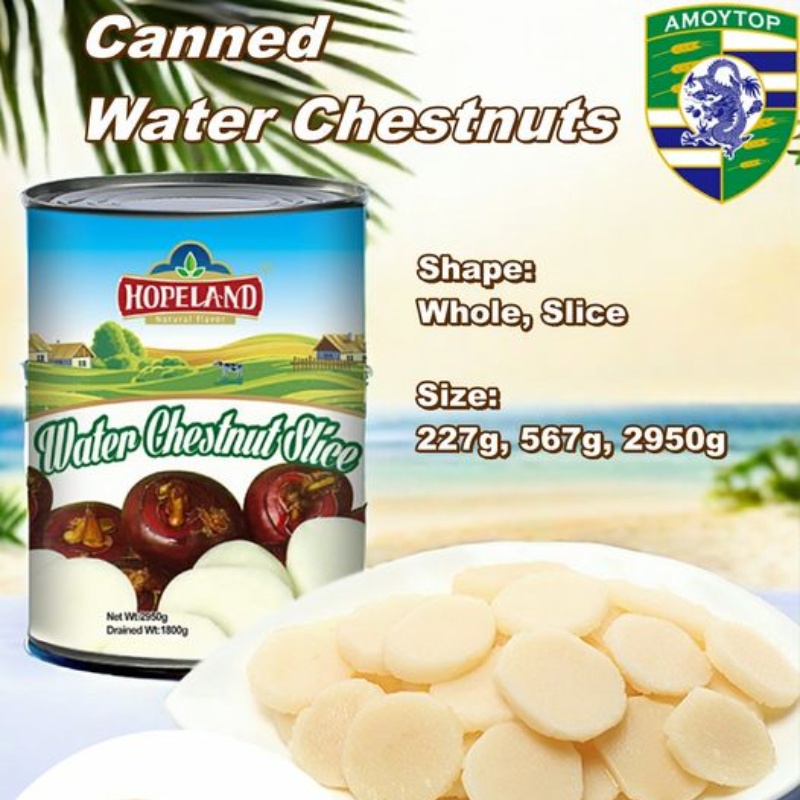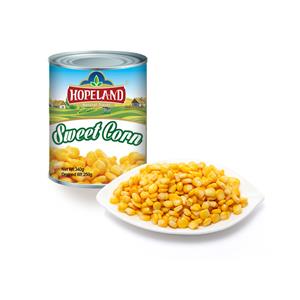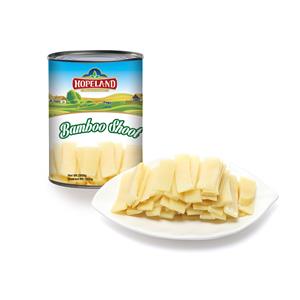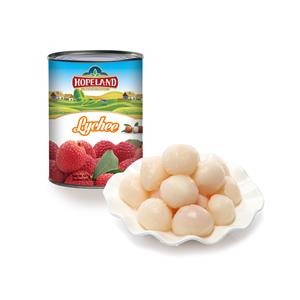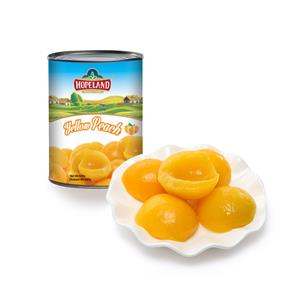What are the benefits and nutrition of canned water chestnuts
Canned water chestnuts are a convenient, versatile, and nutritious ingredient that can elevate a range of dishes, from stir-fries to salads. With their crisp texture and slightly sweet flavor, water chestnuts are particularly valued in Asian cuisine but are becoming increasingly popular worldwide. Although fresh water chestnuts are ideal for maintaining a firm texture, canned varieties are just as beneficial and easier to store and use. In this blog post, we’ll explore the nutritional benefits, culinary versatility, and storage tips of canned water chestnuts and why they deserve a place in your pantry.
What Are Canned Water Chestnuts?
The canning process involves peeling and cooking the water chestnuts before preserving them in water or brine, which helps them retain most of their nutrients and makes them convenient for long-term storage. With canned water chestnuts, you don’t need to worry about finding fresh produce—they are available year-round and can be used directly from the can in recipes.
Nutritional Benefits of Canned Water Chestnuts
Canned water chestnuts pack a significant nutritional punch with various vitamins, minerals, and antioxidants. Here are some of the key nutrients found in canned water chestnuts:
1. High Water Content
Comprising over 70% water, canned water chestnuts are refreshing and low in calories, making them a great option for weight management and hydration. This water content also contributes to their unique crunch, even after canning.
2. Fiber
Each serving of canned water chestnuts provides a healthy amount of fiber, which is beneficial for digestion, helping to promote regular bowel movements and prevent constipation. Fiber can also aid in blood sugar control and improve heart health by lowering cholesterol levels.
3. Potassium
Potassium is an essential mineral that supports heart health, muscle function, and blood pressure regulation. With approximately 5% of the recommended daily intake per serving, canned water chestnuts are an excellent option for those looking to increase their potassium intake.
4. Manganese
Manganese is a mineral that supports metabolism, bone health, and antioxidant defenses in the body. A serving of canned water chestnuts contains about 7% of the daily recommended intake of manganese, making it a beneficial addition to the diet.
5. Low Fat and Calories
Canned water chestnuts are low in fat and calories, making them an ideal food for weight-conscious individuals. Despite their low-calorie content, they provide a satisfying crunch and texture, which can help add volume to meals without adding too many extra calories.
6. Antioxidants
Water chestnuts contain unique antioxidants, including ferulic acid, which help combat free radicals in the body. These antioxidants may protect cells from oxidative stress, reduce inflammation, and potentially lower the risk of chronic diseases.
Health Benefits of Canned Water Chestnuts
Adding canned water chestnuts to your diet can provide a range of health benefits:
- Supports Weight Management
With their high water content and fiber, canned water chestnuts make you feel fuller for longer, reducing overeating and aiding in weight management. They’re a nutritious snack option for those looking to maintain or lose weight.
- Promotes Heart Health
The potassium and fiber in water chestnuts contribute to heart health. Potassium helps control blood pressure by balancing sodium levels, while fiber reduces cholesterol levels, lowering the risk of heart disease.
- Aids in Digestion
The fiber content in water chestnuts helps maintain a healthy digestive system by promoting regular bowel movements and improving gut health.
- Reduces Inflammation
Antioxidants like ferulic acid found in water chestnuts can help reduce inflammation in the body, which is associated with various chronic conditions such as arthritis and heart disease.
- Enhances Hydration
With a high water content, canned water chestnuts contribute to hydration, especially in warm climates or after exercise. Staying hydrated supports numerous bodily functions, including energy levels and cognitive function.
Culinary Uses of Canned Water Chestnuts
Canned water chestnuts are incredibly versatile and can be used in a range of dishes, from appetizers to main courses. Here are some ideas to inspire your next meal:
- Stir-Fries and Asian-Inspired Dishes
Canned water chestnuts add a delightful crunch to stir-fries, curries, and noodle dishes. They pair well with soy sauce, ginger, garlic, and sesame oil, making them ideal for Asian-inspired recipes.
- Salads
Sliced or diced canned water chestnuts add texture and a hint of sweetness to salads. Try adding them to green salads, pasta salads, or even fruit salads for a unique twist.
- Appetizers
A popular appetizer involves wrapping water chestnuts in bacon and baking them. This crispy treat is a hit at parties and gatherings, offering a great balance of textures and flavors.
- Soups and Stews
Adding canned water chestnuts to soups and stews gives them an added texture without overpowering other ingredients. They’re especially good in vegetable and broth-based soups.
- Stuffed Mushrooms or Peppers
Chop canned water chestnuts and mix them with breadcrumbs, herbs, and cheese to create a savory filling for mushrooms or bell peppers. Their crunch enhances the texture of stuffed appetizers and side dishes.
- Dips and Salsas
Finely chopped water chestnuts can add an extra crunch to dips like salsa or guacamole, providing a refreshing contrast to softer ingredients like tomatoes or avocados.
How to Choose and Store Canned Water Chestnuts
When buying canned water chestnuts, look for products with minimal additives. Many brands offer low-sodium options, which can be beneficial for reducing salt intake. Once opened, any unused water chestnuts should be transferred to an airtight container and stored in the refrigerator, where they can keep for up to a week. If you need a longer shelf life, freeze the water chestnuts in a freezer-safe container for up to six months.
Tips for Using Canned Water Chestnuts
While canned water chestnuts don’t have the exact crispness of fresh ones, they still retain a lot of crunch and flavor. Here are some tips to make the most of canned water chestnuts in your cooking:
- Drain and Rinse
Before using canned water chestnuts, drain and rinse them under cold water. This helps to remove any brine or excess salt and freshens them up for cooking.
- Slice for Texture
Slicing canned water chestnuts allows you to layer them into dishes for a more even texture, especially in salads and stir-fries.
- Add at the End of Cooking
To retain as much crunch as possible, add canned water chestnuts toward the end of the cooking process, especially in hot dishes like soups or stir-fries.
Canned vs. Fresh Water Chestnuts
While fresh water chestnuts have a slightly firmer texture, canned water chestnuts provide similar nutritional benefits with the convenience of longer shelf life. Fresh water chestnuts are often harder to find and require peeling, making canned water chestnuts a popular choice for quick and easy meal prep. Both options are low-calorie and nutritious, making them a valuable addition to a balanced diet.
Conclusion
Canned water chestnuts offer a convenient and nutritious way to enjoy the unique flavor and texture of this versatile ingredient. From boosting hydration and aiding digestion to supporting heart health, canned water chestnuts are an excellent addition to a balanced diet. With countless ways to incorporate them into your meals, from stir-fries and salads to dips and appetizers, they can easily become a staple in your pantry. Next time you’re looking to add a bit of crunch and nutrition to your dishes, consider reaching for canned water chestnuts!

